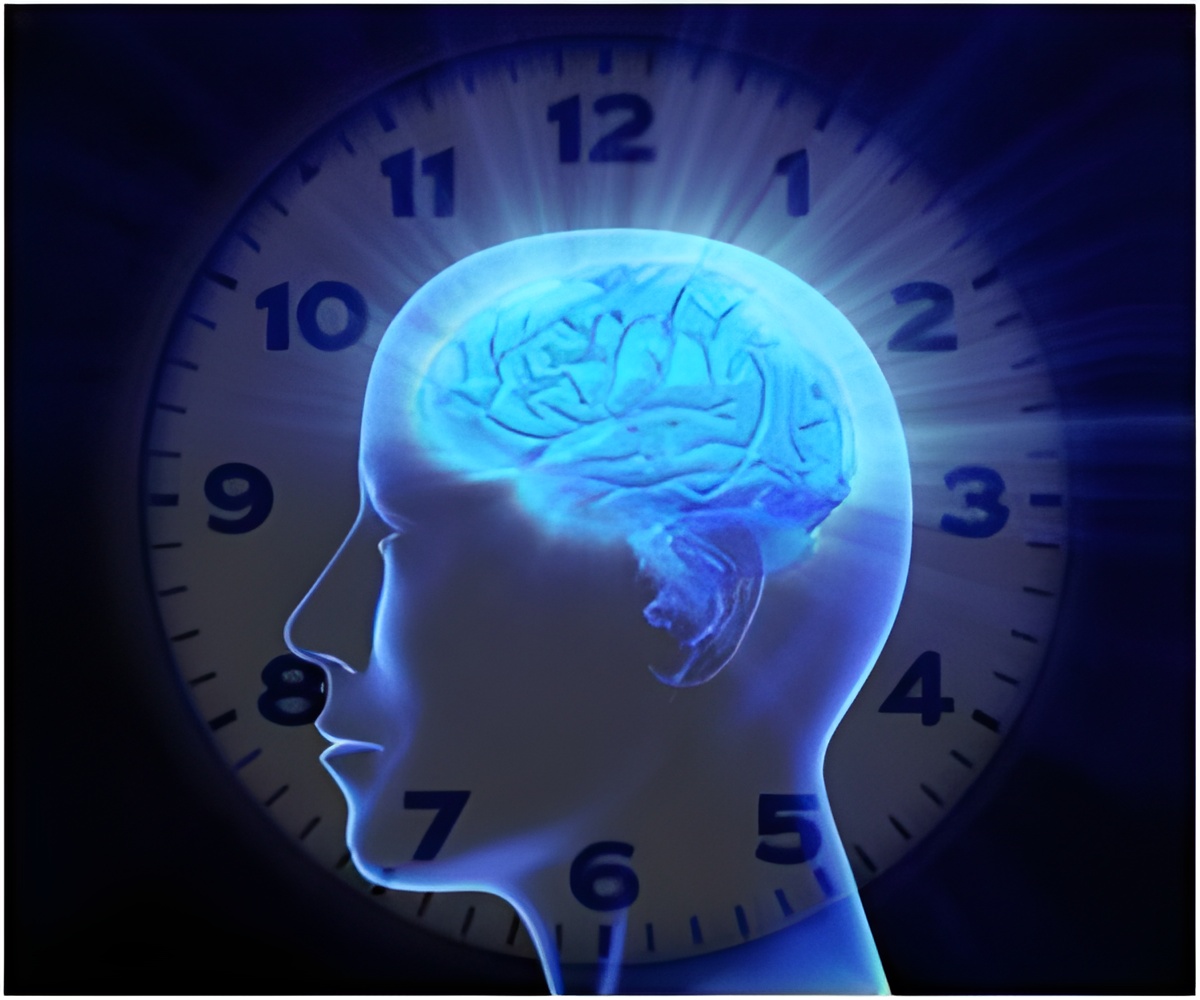Researchers have explained the mechanism underlying better memory retrieval at some times than at others.

Ranganath and his team including graduate students Richard Addante and Andrew Watrous, Andrew Yonelinas- professor of psychology at the UC Davis Center for Mind and Brain, and Arne Ekstrom- assistant professor of psychology at the Center for Neuroscience, measured a particular frequency of brainwaves called theta oscillations in the brains of volunteers during a memory test.
Theta waves are associated with a brain that is actively monitoring something, Ranganath said.
In the memory test, the volunteers had to memorize a series of words with a related context. They later had to recall whether they had seen the word previously and the context in which the word was seen.
High theta waves immediately before being prompted to remember an item were associated with better performance.
The work goes against the assumption that the brain is waiting to react to the external world, noted Ranganath.
Advertisement
The study was published in the journal Proceedings of the National Academy of Sciences, June 13.
Advertisement















